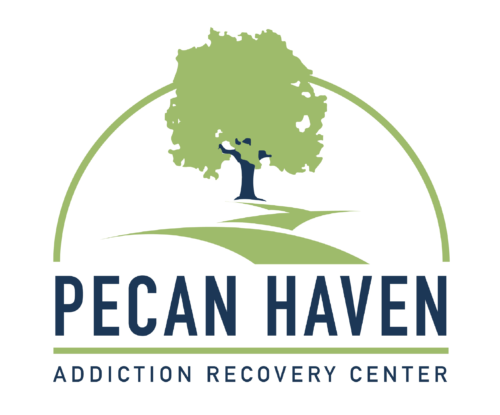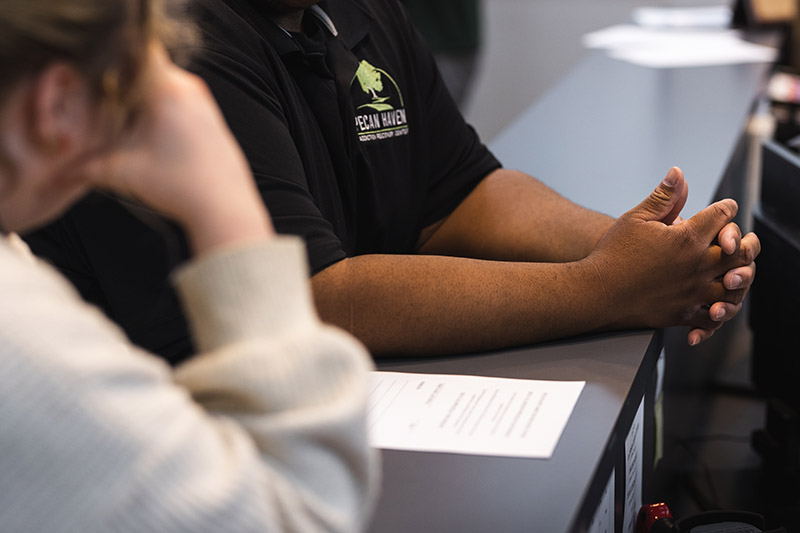Mindfulness and meditation have emerged as powerful tools for long-term recovery from addiction. These practices focus on increasing self-awareness, managing cravings, and promoting emotional regulation, making them essential for those in recovery. By centering attention on the present moment, individuals can better cope with stress, triggers, and negative thought patterns that often lead to relapse. Meditation helps rewire the brain, fostering healthier responses to emotional distress, while mindfulness encourages conscious choices rather than impulsive reactions. When integrated into a recovery program, mindfulness and meditation can offer lasting benefits by enhancing mental clarity and emotional resilience – key components to maintaining sobriety.
How Mindfulness Helps in Recovery
Mindfulness, the practice of being fully present in the moment, teaches individuals to observe their thoughts and feelings without judgment. This is crucial for someone in recovery because it allows them to become aware of triggers and cravings before reacting impulsively. By practicing mindfulness, recovering individuals learn to identify harmful thought patterns and redirect them in a positive direction.
- Improved Emotional Regulation: Mindfulness helps manage difficult emotions such as anger, frustration, and sadness, all of which can be relapse triggers.
- Stress Reduction: It reduces stress, which is a significant factor in substance abuse, by helping individuals focus on breathing and relaxation techniques.
- Increased Self-Awareness: Regular mindfulness practice increases self-awareness, allowing individuals to make conscious decisions rather than acting on autopilot.
Meditation as a Brain-Training Tool for Recovery
Meditation is a specific mindfulness practice that helps train the brain to focus and calm itself. In recovery, meditation can serve as a tool for rewiring brain pathways that may have been damaged by substance abuse. Over time, meditation improves the ability to manage stress and cope with cravings, which can reduce the likelihood of relapse. Here are a few ways meditation supports long-term recovery:
- Improves Focus and Concentration: Consistent meditation can enhance concentration and focus, which is important when dealing with overwhelming urges to use substances.
- Reduces Anxiety and Depression: Meditation helps quiet the mind, reducing feelings of anxiety or depression that often accompany addiction.
- Encourages Positive Thinking: By regularly practicing meditation, individuals in recovery can shift their mental patterns from negative to positive, reinforcing the belief that change is possible.
Building a Mindfulness and Meditation Routine for Recovery
To reap the full benefits of mindfulness and meditation, consistency is key. Developing a daily or weekly practice can keep individuals grounded and focused on their recovery goals. Here’s how to get started:
- Start Small: Begin with just a few minutes each day. Even 5-10 minutes of meditation can make a difference.
- Use Guided Meditation Apps: There are numerous apps that offer guided meditations designed for people in recovery, making it easier to follow a structured practice.
- Set Intentions: Each meditation session can focus on an intention, such as maintaining sobriety, reducing stress, or cultivating gratitude.
- Incorporate Mindfulness into Daily Activities: You don’t need to be sitting in meditation to practice mindfulness. Everyday tasks like eating, walking, or even brushing your teeth can become mindfulness exercises by focusing entirely on the present moment.
Real-Life Benefits of Mindfulness and Meditation in Recovery
Many people in long-term recovery report that mindfulness and meditation have transformed their relationship with both their emotions and their addiction. Here are some real-life benefits:
- Greater Self-Control: Mindfulness and meditation help individuals feel more in control of their actions, reducing impulsive decisions related to substance use.
- Improved Relationships: By fostering patience and understanding, mindfulness allows individuals to build healthier relationships with loved ones and peers in recovery.
- Better Mental Health: Reduced anxiety, depression, and stress are common benefits, providing a mental health boost that aids in maintaining sobriety.
Integrating Mindfulness and Meditation into Your Recovery Plan
Mindfulness and meditation are not just short-term tools; they are lifelong practices that can significantly enhance your ability to stay sober. Whether you’re dealing with stress, cravings, or emotional challenges, these techniques can help you respond more thoughtfully rather than react impulsively. For those struggling with addiction, these tools are particularly valuable in building a stronger, more resilient mindset.
At Pecan Haven Addiction Recovery Center, we understand the importance of integrating mindfulness and meditation into recovery plans. Our residential treatment programs, intensive outpatient programs, and residual detox programs are designed to offer a holistic approach to healing from addiction. Whether you’re recovering from alcohol addiction, drug addiction, or dual diagnosis, our team can provide the support and resources you need. Call us today at (318) 600-3333 to learn more about how we can help you achieve long-term recovery.

